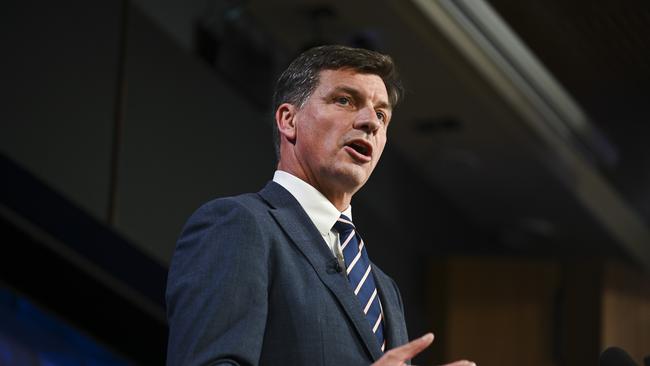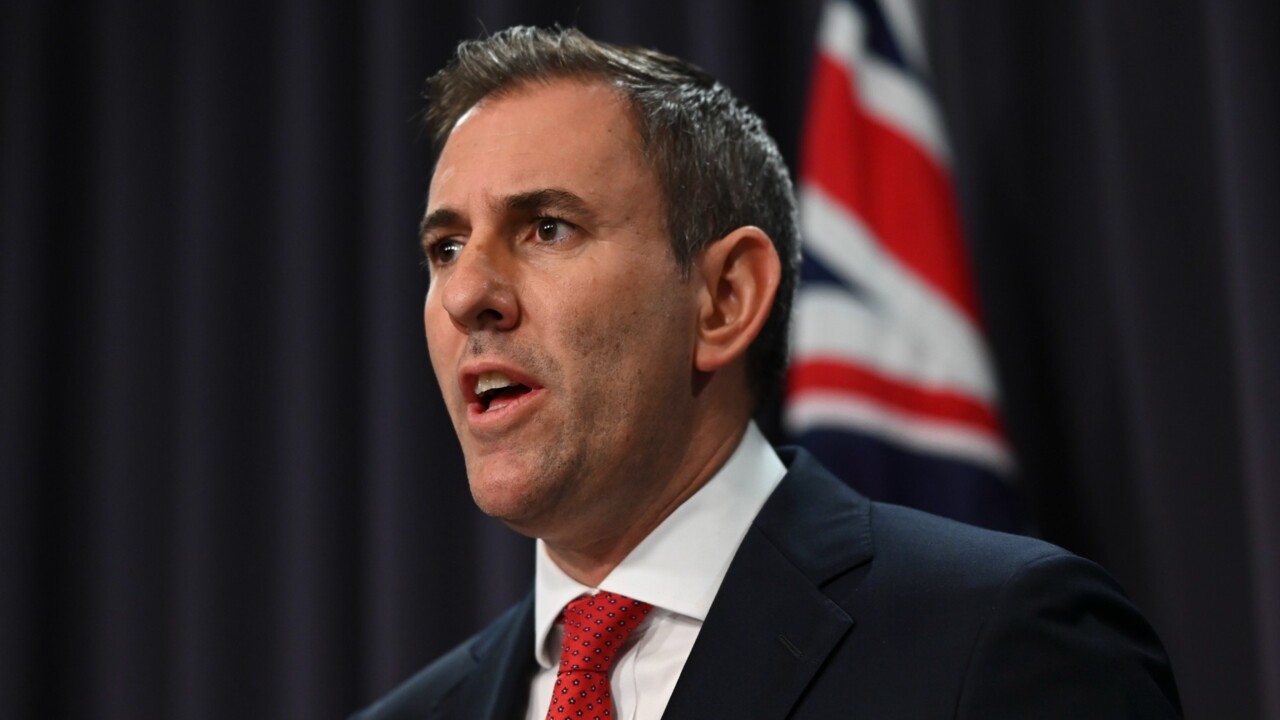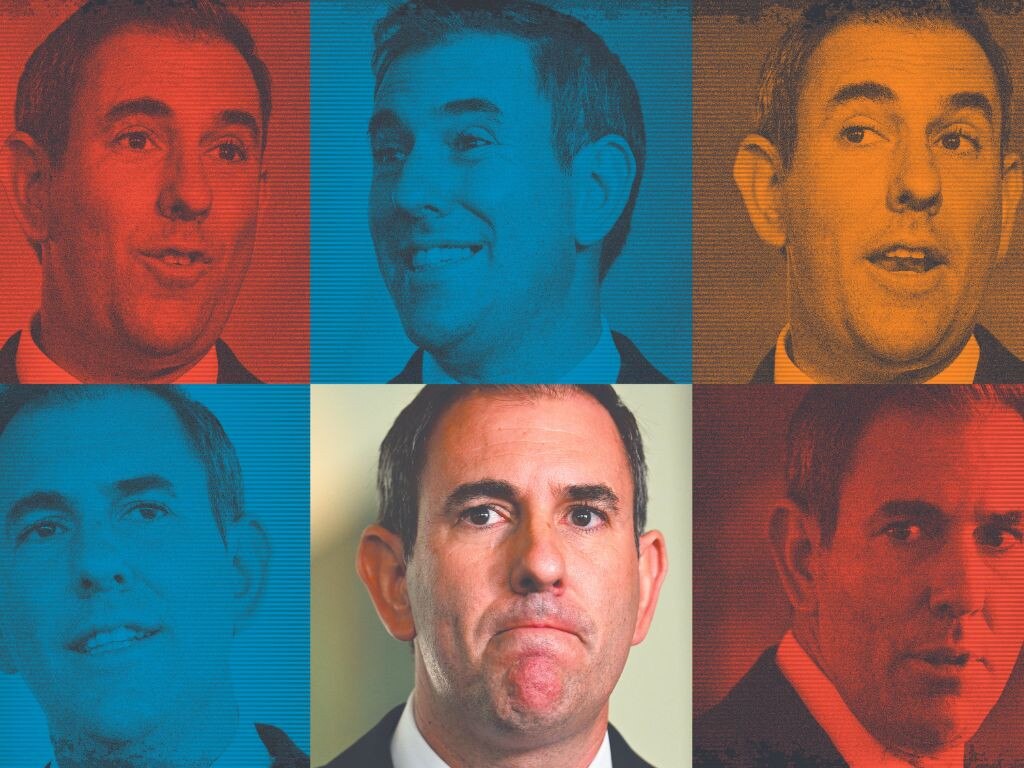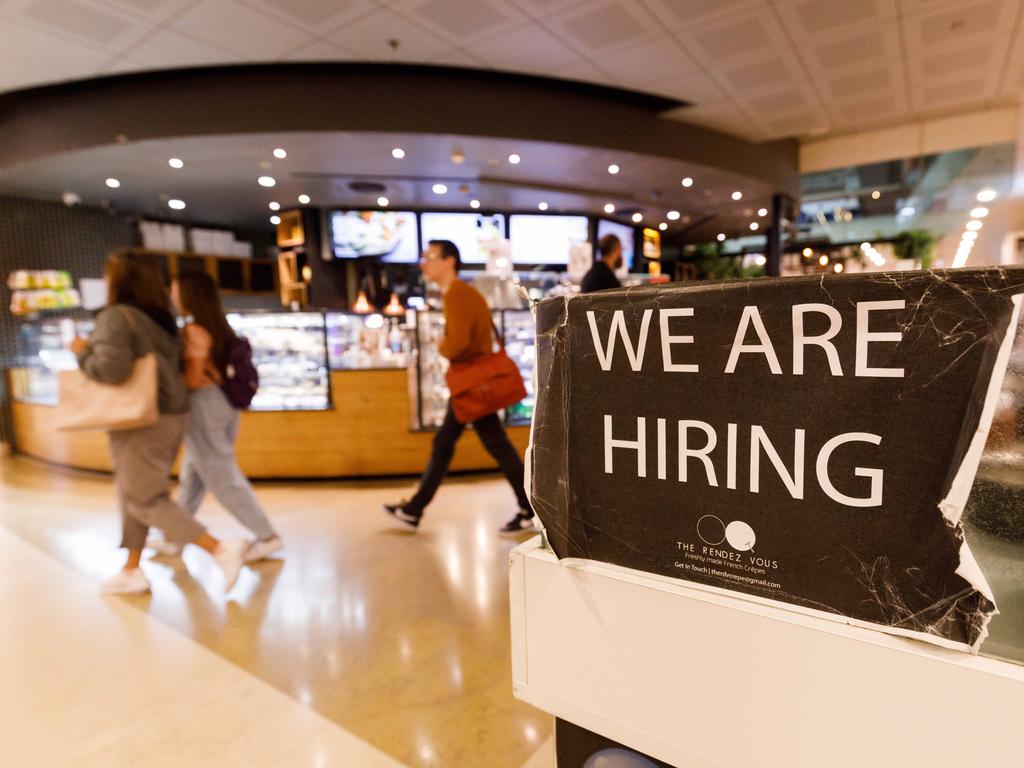
So far, the Albanese government has been spared of blame by voters for the dramatic fall in living standards over the past two years, spanning the entirety of its term in office.
The Coalition has been waiting on the electoral tide to turn against Labor.
It has had minimal success so far in prosecuting the case that the problem now is one entirely domestic and the result of Labor policy.
Beyond turning the measure of economic management in its favour, the broader electoral dial has remained resilient for Anthony Albanese, despite the deteriorating economic environment.
Both sides are taking a big gamble with where the economy and the policy adjustments required lead but a new opportunity has presented itself.
And Taylor intends to make the most of it.
Jim Chalmers’s new spending and growth focus is laden with risk.
Flicking the switch too soon on the broader fiscal and economic strategy could endanger the task of bringing down inflation, which now appears more challenging than anyone in government, including Treasury, had anticipated.
The bond markets are now factoring in no rate cut this year, or even within the next 12 months.
Having raised expectations to the contrary, the government is in danger of having made a serious miscalculation.
This will be the new focus of the opposition.
It now regards government spending and budget restraint as the key economic and political drivers in the cost-of-living debate.
It has rightly also nominated the housing crisis and record net migration rates as a crucible of potential electoral discontent.

This is a gear shift from Taylor and finance spokeswomen Jane Hume.
Laying out a five-point test for the budget, Taylor identifies structural reform rather than a windfall surplus as a measure of success.
More broadly, the economic argument the Coalition will prosecute hinges on the cost of energy, economic growth through productivity gains, and the plight of small business.
Taylor is going all out on making the political case that inflation is now entirely home grown and that unless the budget demonstrates spending restraint, there will be upside risk.
The umbrella for this agenda is the spectacular fall in living standards over the past two years – that the cost-of-living squeeze has worsened due to Labor policy, and could deteriorate further under a government “spendathon”.
Even if Chalmers were to address the issues Taylor nominates, many are unlikely to have immediate to short-term impact on this overarching reality.
Hence the issues Taylor has identified can now be read as framing the economic policy platform that his party leader, Peter Dutton, will take to the next election.







Angus Taylor is convinced last week’s quarterly inflation rise was a turning point in the current politics of economic management – but the opposition has been wrong before on this count.